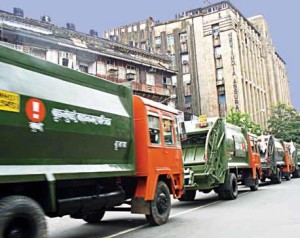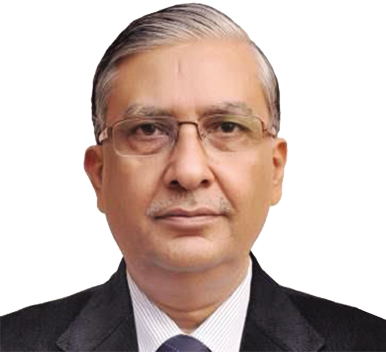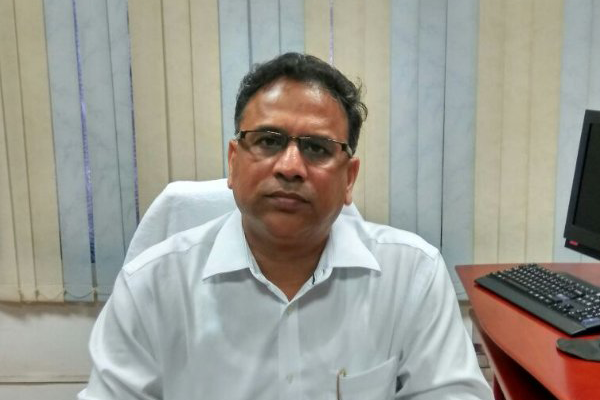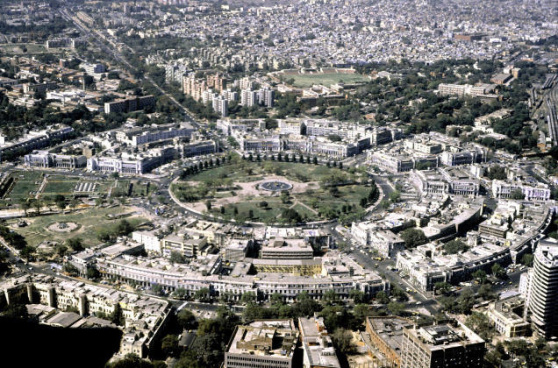Municipal Corporation of Greater Mumbai has always emphasized on the importance and contribution of Solid Waste Management for a qualitative civic life
 The rapid dynamic population growth and immigration for new economic opportunities is expected to congest the urbanized areas, resulting to various civic issues like tremendous pressure on basic amenities, urban infrastructure, sanitation, waste management and ultimately, degradation of quality life. This congestion in a qualitative lifestyle is expected to result in the generation of unwanted or useless solid materials from residential, industrial and commercial activities. Hence, implementing an effective waste management for solid waste for reducing or eliminating adverse environmental impacts and human health becomes important in order to support the socio-economic quality of life.
The rapid dynamic population growth and immigration for new economic opportunities is expected to congest the urbanized areas, resulting to various civic issues like tremendous pressure on basic amenities, urban infrastructure, sanitation, waste management and ultimately, degradation of quality life. This congestion in a qualitative lifestyle is expected to result in the generation of unwanted or useless solid materials from residential, industrial and commercial activities. Hence, implementing an effective waste management for solid waste for reducing or eliminating adverse environmental impacts and human health becomes important in order to support the socio-economic quality of life.
Mumbai, India’s financial capital and one of its prominent cities, faces the problem of high population density and a continuous inflow of immigrants seeking a better life. An effective solid waste management for Mumbai thus becomes important and the Municipal Corporation of Greater Mumbai plays a pivotal role in executing and monitoring it.

Exploring the Concept
Solid waste management is a four-tier process – street sweeping, waste collection, waste transportation and waste disposal. All the four steps are considered as the core or prime pillars of an effective solid waste management process.
Initially, a detailed analysis of the area where solid waste management is to be set up is done. The population density, demographics, the socio-economic and political activities in the area and its current waste disposal management system are studied. Each of these steps is important for the effective implementation and execution of solid waste management system.
Creation of ‘Smart Cities’
A smart city is developed on many distinct elements, and solid waste management is one of these elements. For instance, to address the rising concern of carbon emissions in construction process, contractors nowadays are mandatorily asked to use equipments as per Euro-IV standards. Hence, for enforcing such operational standards, we need to have active participation and acceptance from the contractors to use equipments as per the prescribed norms. Similarly, the effectiveness of solid waste management system depends upon the active participation of all the stakeholders. Solid waste management is of utmost importance to urbanized regions, which face constant pressure from increasing population, rising infrastructural demands and changing social habits.
Hence, the need for creating a stronger civic sense among the citizens is important for successful implementation and functioning of solid waste management system. Understanding the concept and context of waste segregation is vital to an effective solid waste management process. For example, Finland recycles 93 percent of the waste that it produces, with only 7 percent of its waste making its way to the dumping yard. This level of effectiveness in implementing solid waste management system is only possible due to the prevalence of civic sense, as well as a clear understanding and acceptance of the concept of waste segregation.
{ “A construction process generates about 1500 – 2000 tons of waste per day” }
Obstacles in Implementation
One of the major hurdles for implementing solid waste management process is the civic awareness among the masses. The current scenario indicates that the core concepts of solid waste management need to be established among the people. The concept is still new and hence creating effective awareness among the citizens is of vital importance. The other major hindrance is the monitoring of land by disparate authorities. There needs to be uniformity among the authorities monitoring and controlling waste disposal systems according to common standards or rules. Governing bodies like municipal corporations, municipalities or gram panchayats can only assist the monitoring bodies in collecting, disposing or recycling the waste. The decision to adopt and implement standardized waste disposal systems delves in the hand of such land monitoring authorities.
Construction Waste Disposal
Ever expanding urban infrastructure demands is another major challenge for the smooth functioning of solid waste management system. The rising population demands newer roads, housing and other civic structures raises new challenge in tackling the waste generated from the construction processes. The waste created during a construction process generates about 1500 – 2000 tons of waste per day. Disposing or recycling this waste is a herculean challenge. India needs to upgrade and adopt advanced waste recycling technologies. We need to think and effectively focus towards utilizing globalized advance technologies for recycling such waste generated during our progressive process. Municipal corporations should assist the builders and contractors in adopting the latest waste management technologies in their processes. With the concern over carbon emissions gaining momentum, the adoption of such technologies should see a gradual rise in India.





















